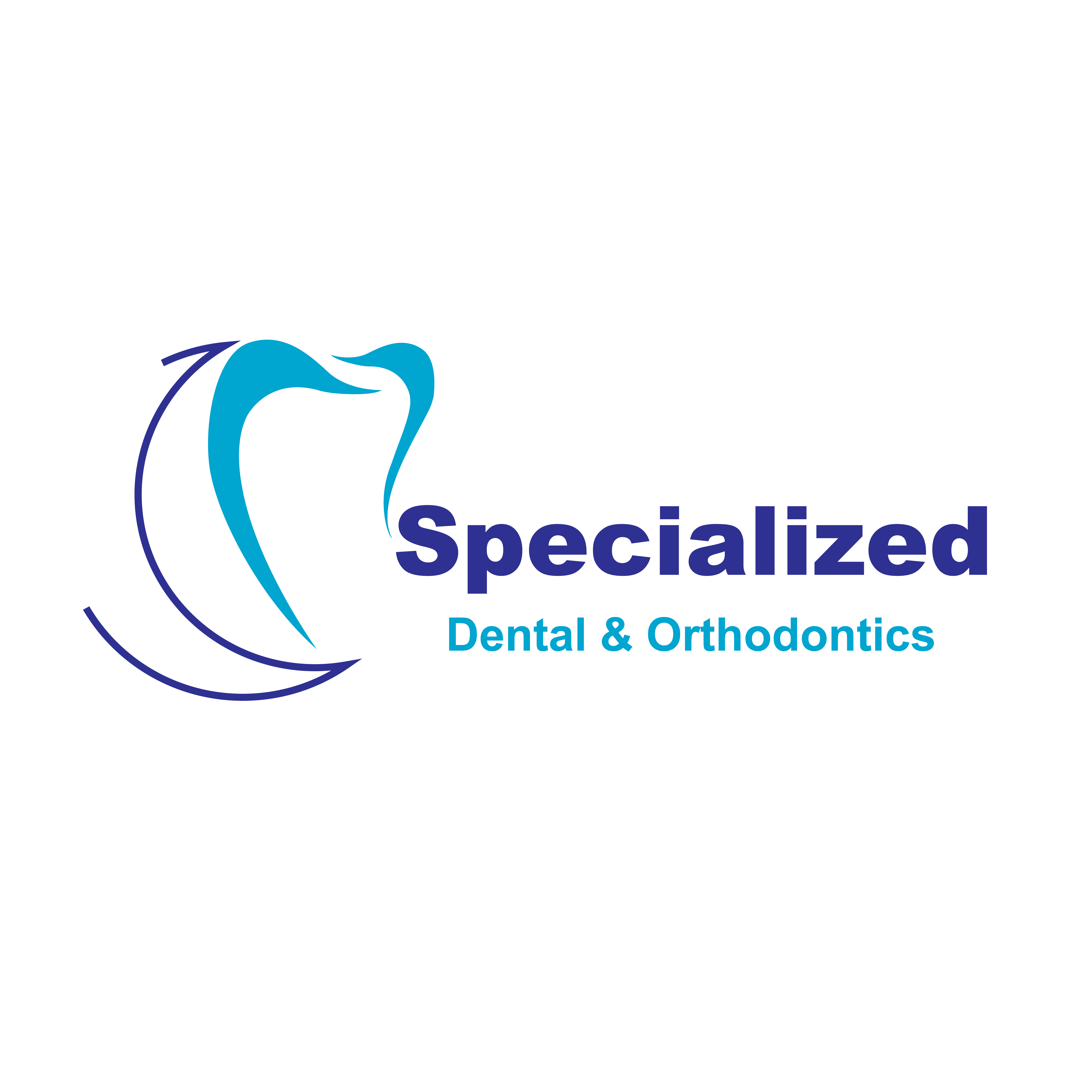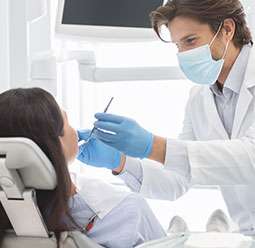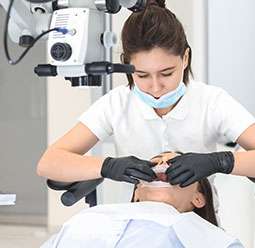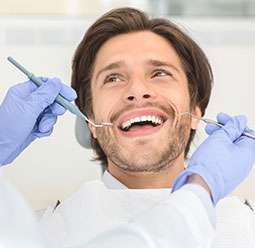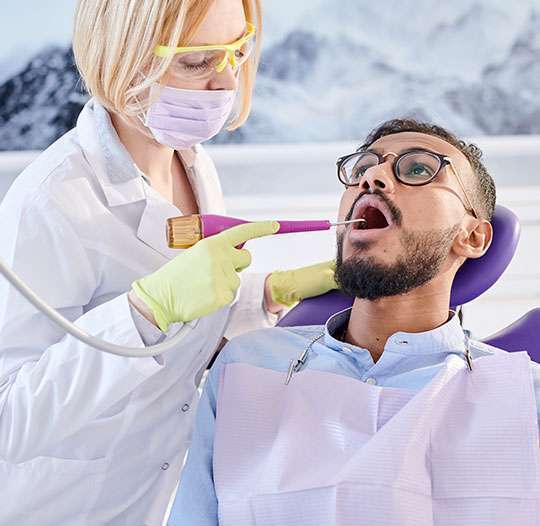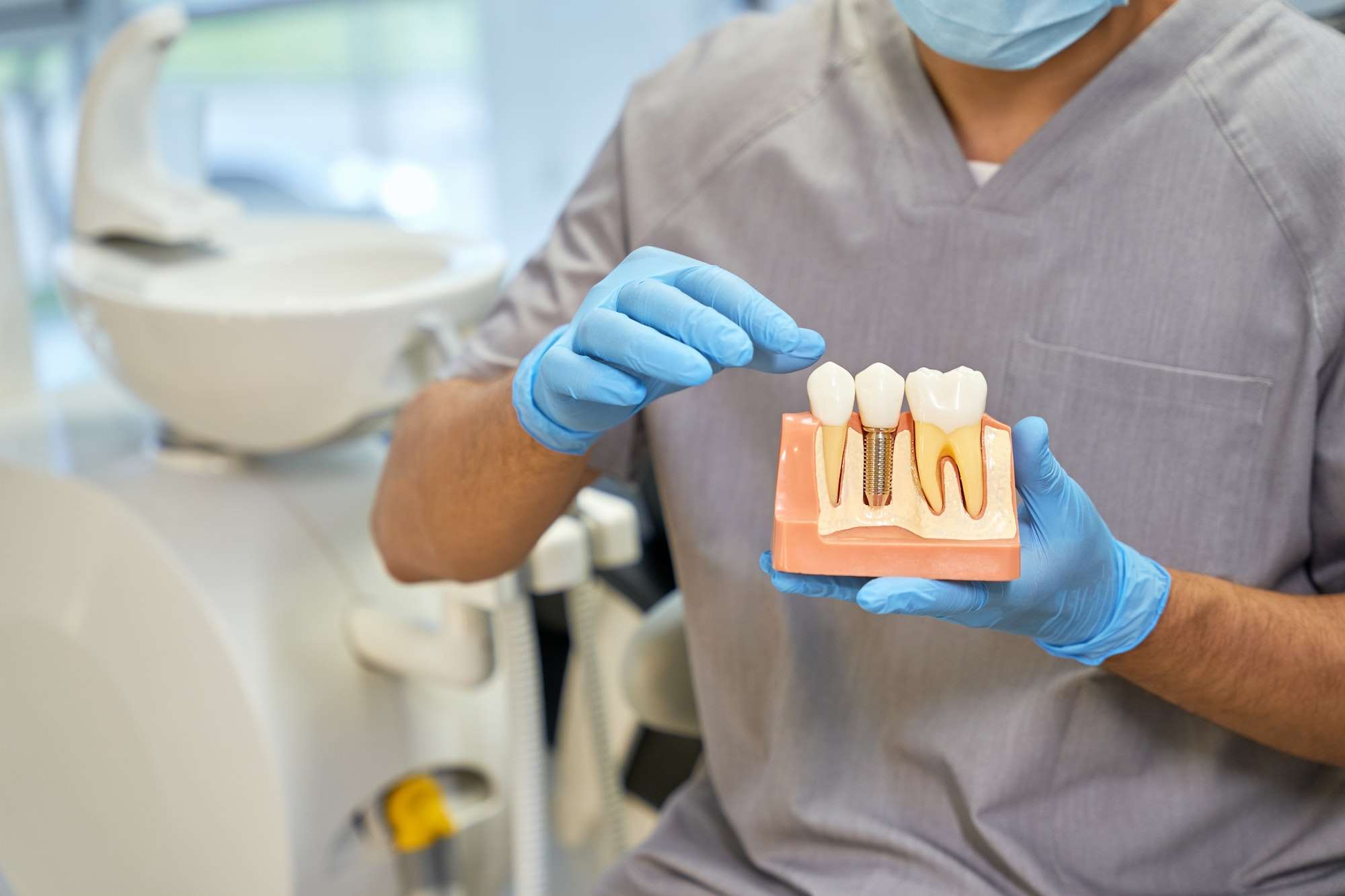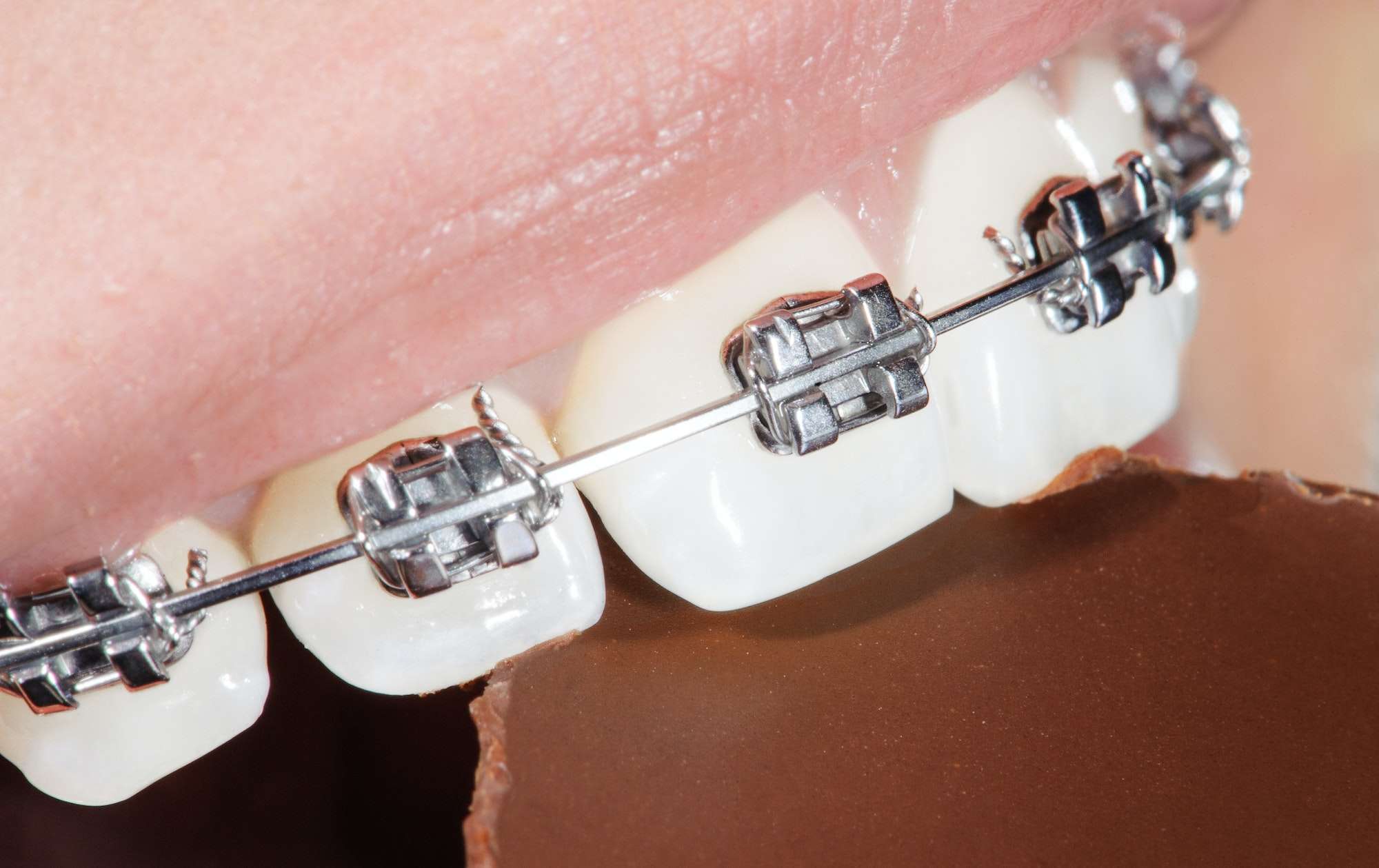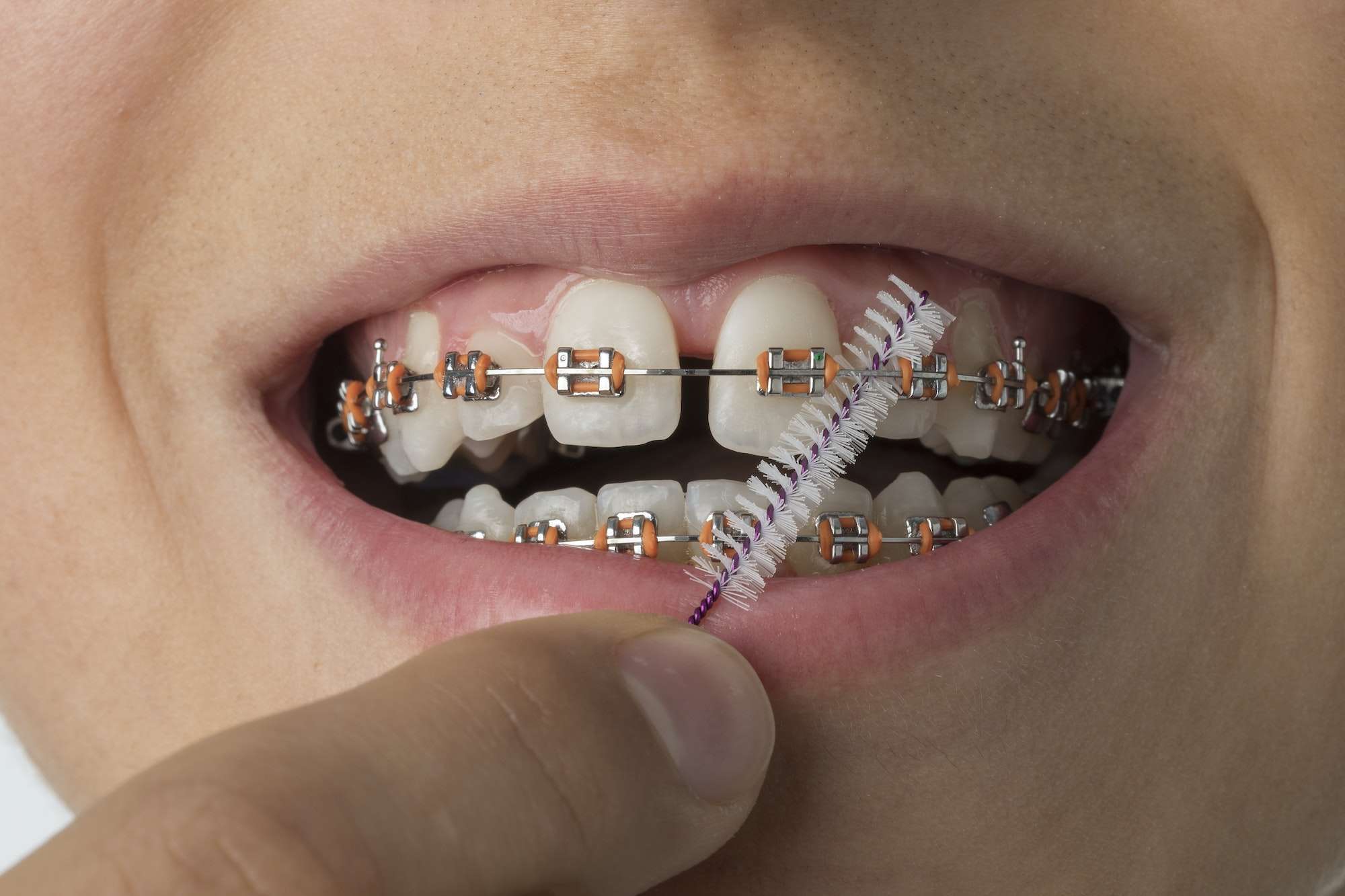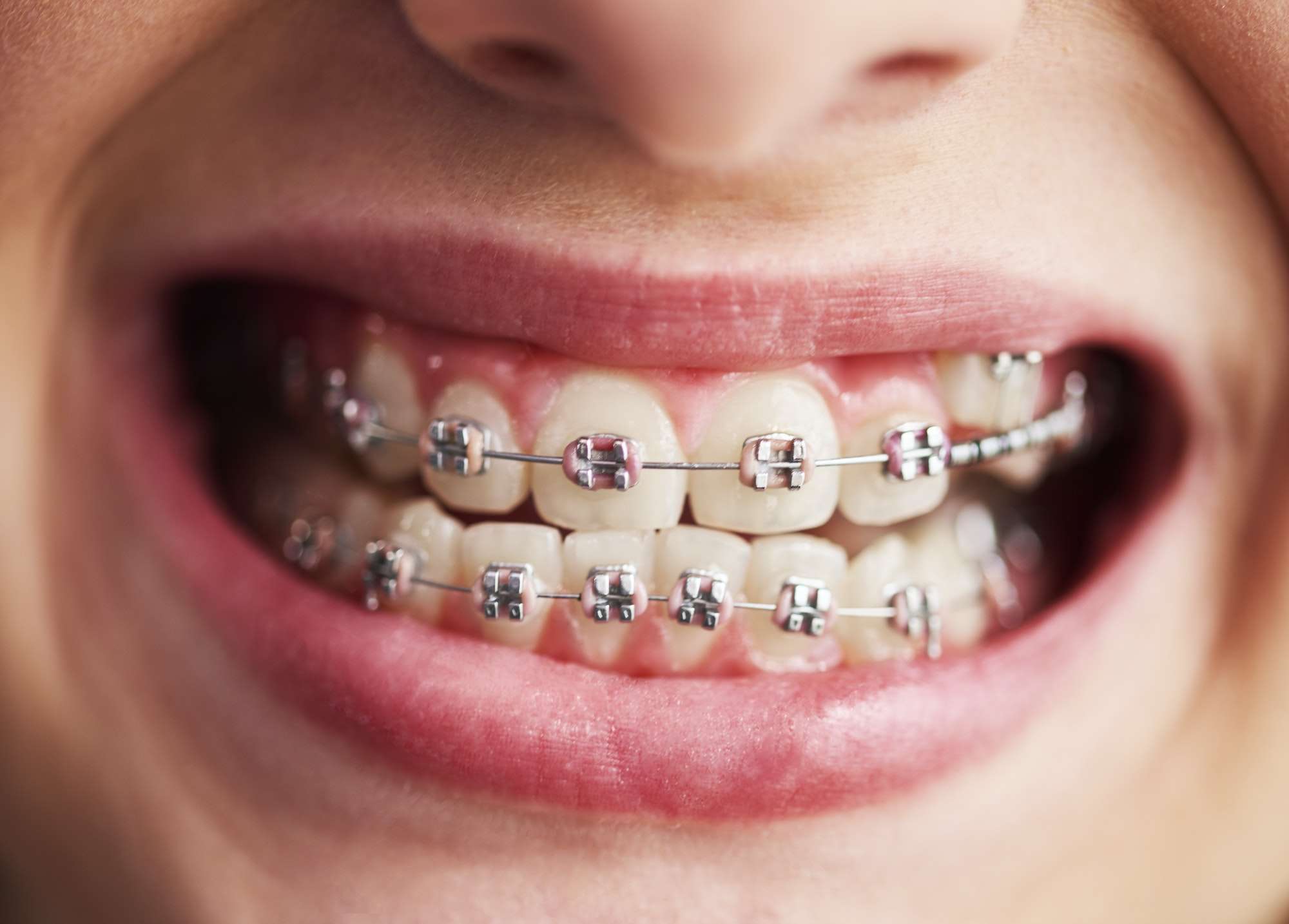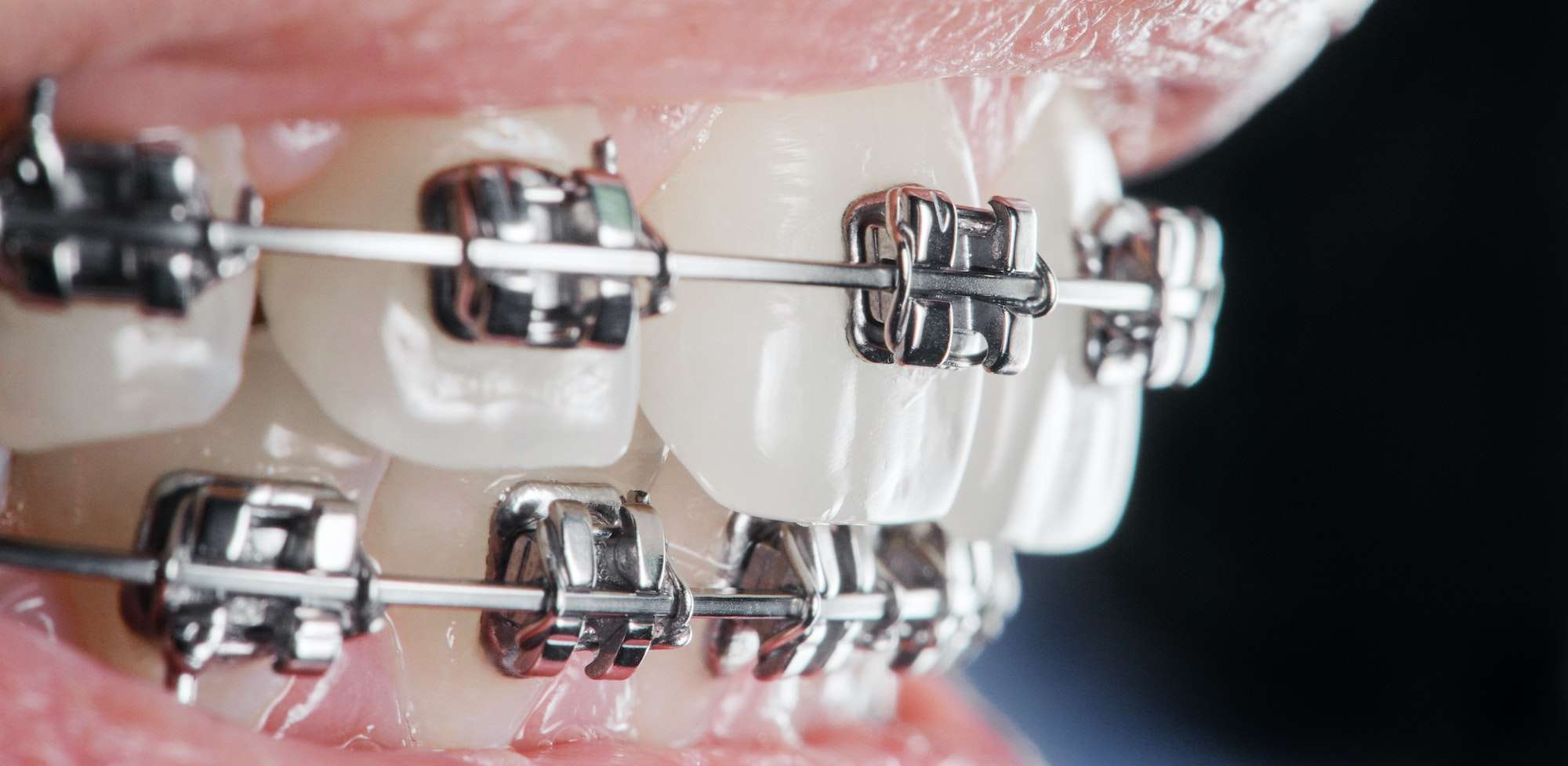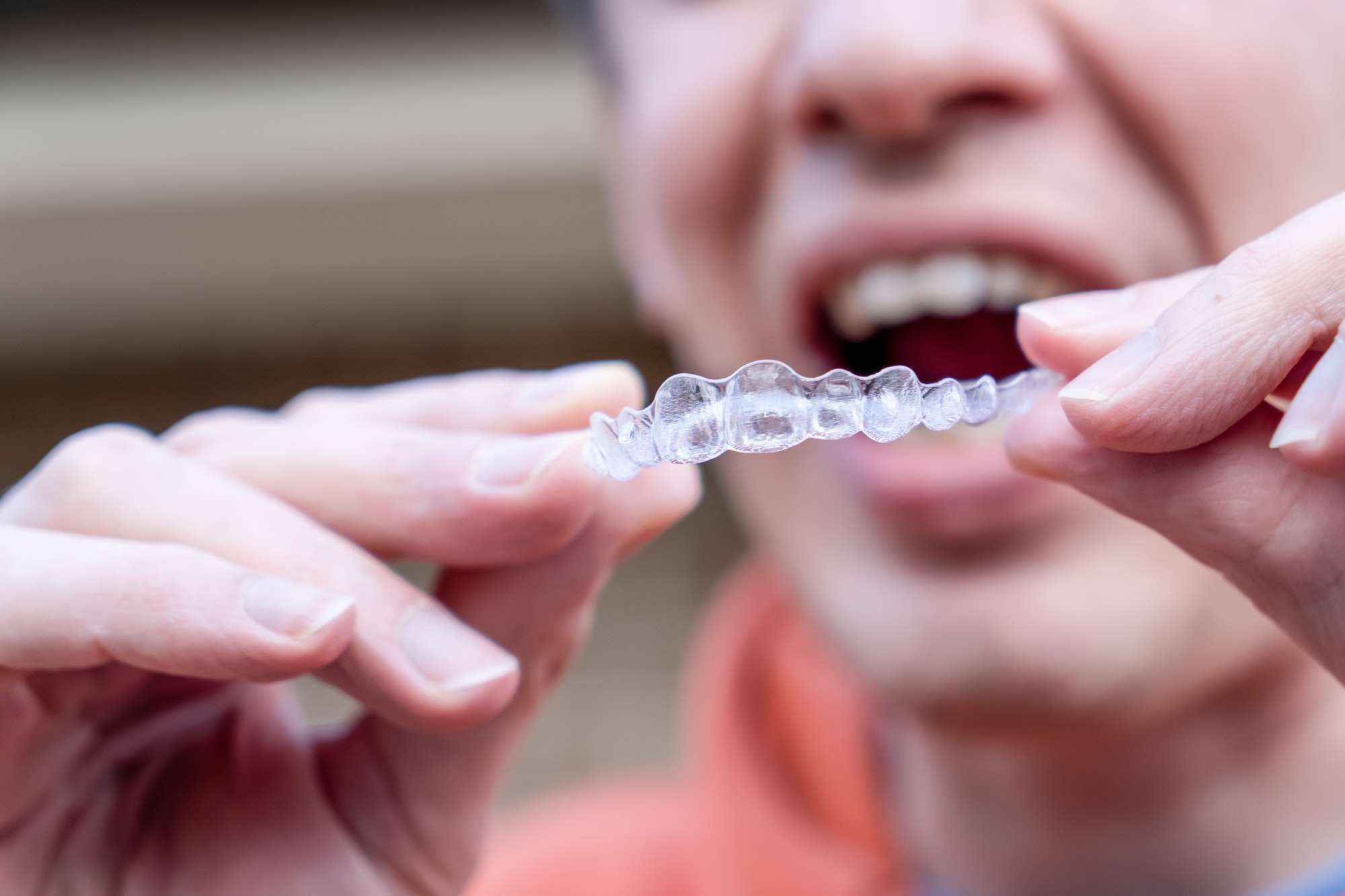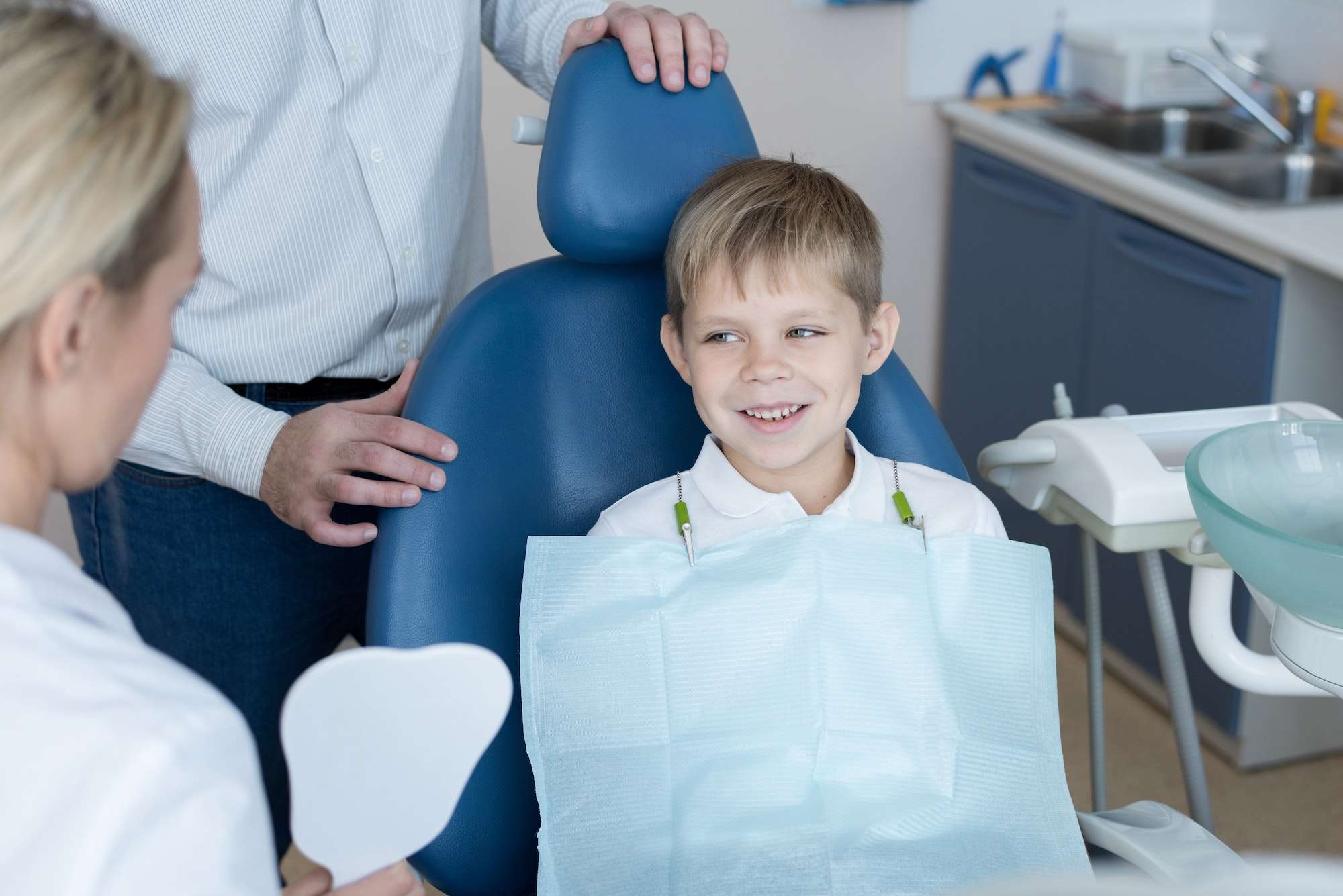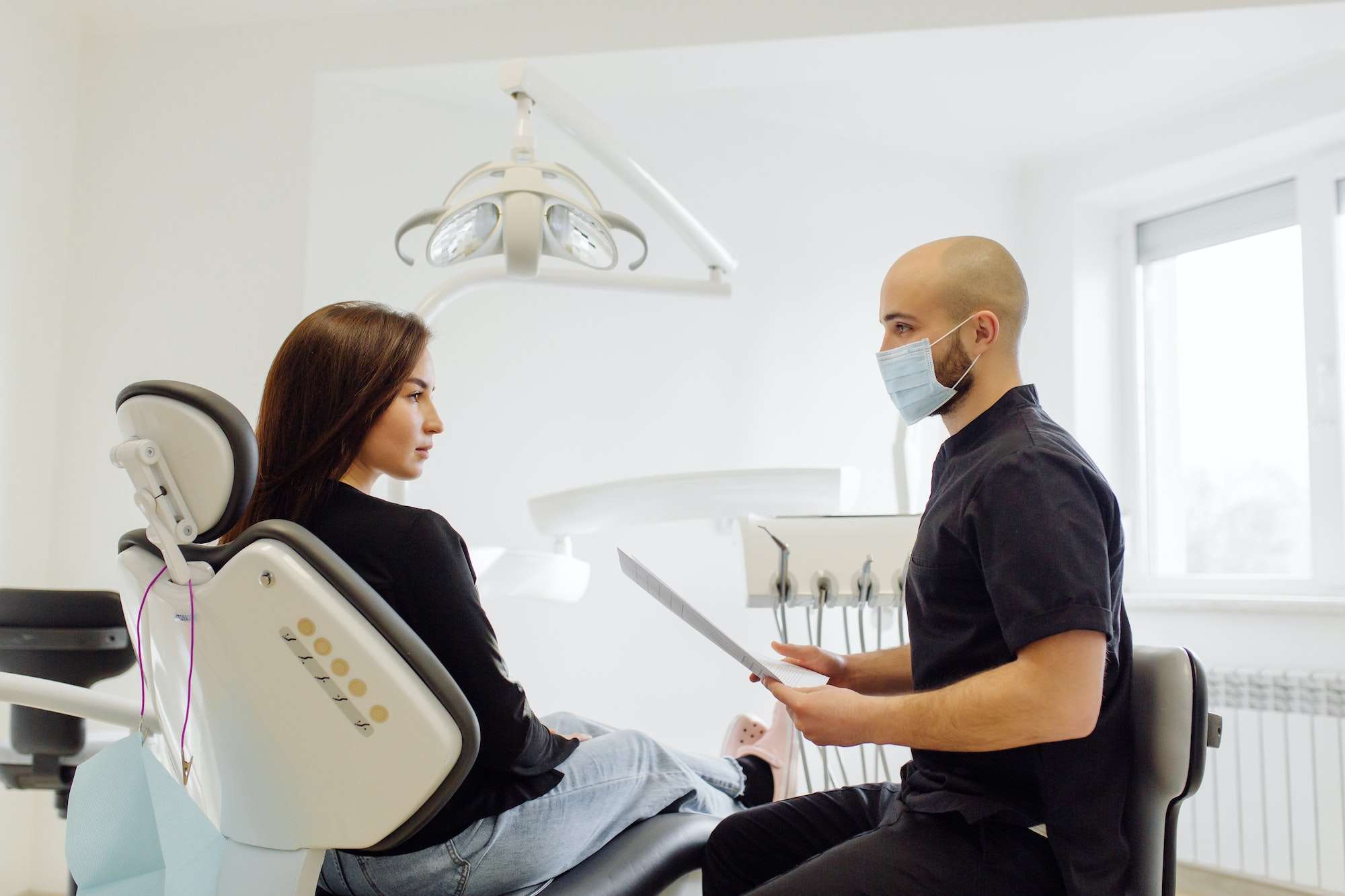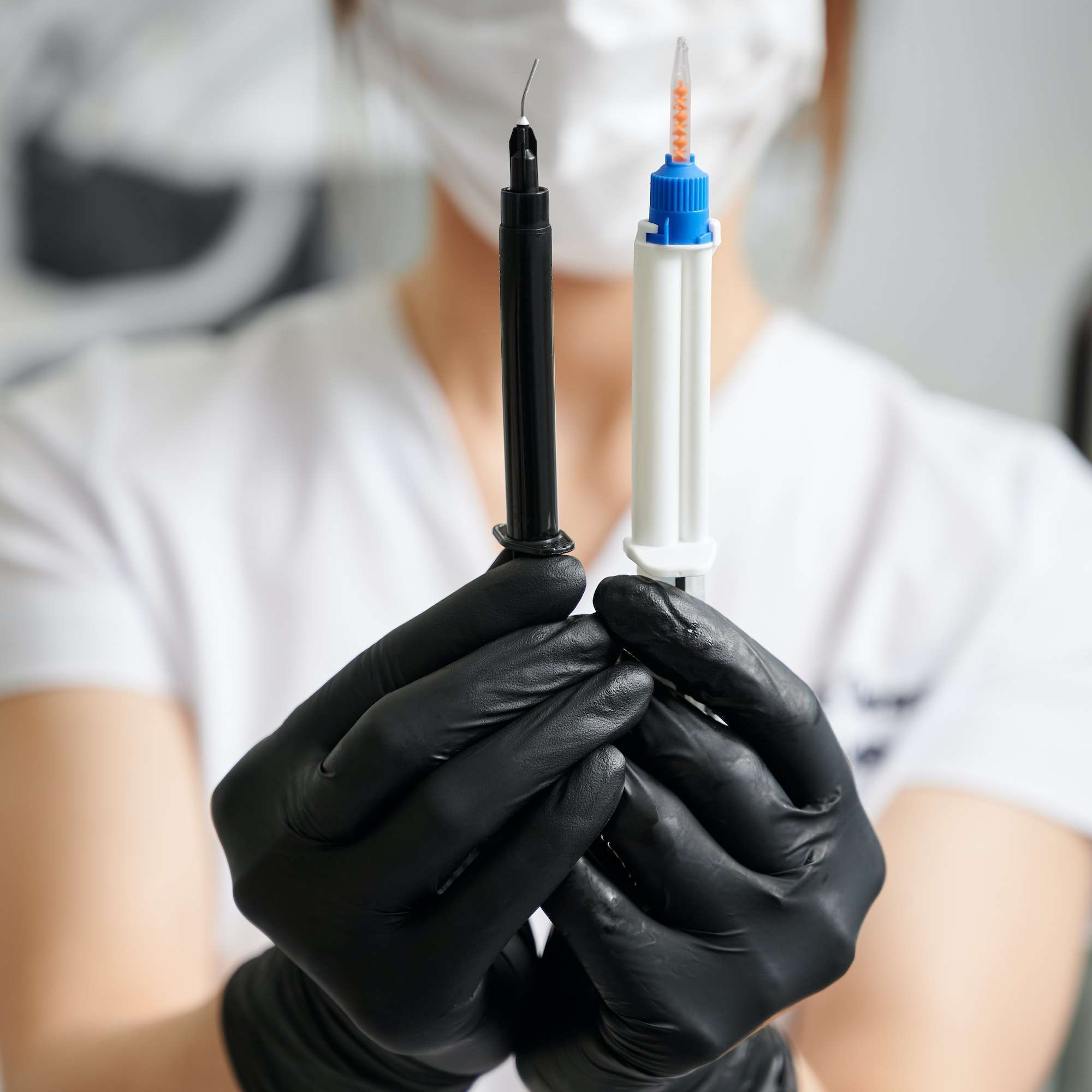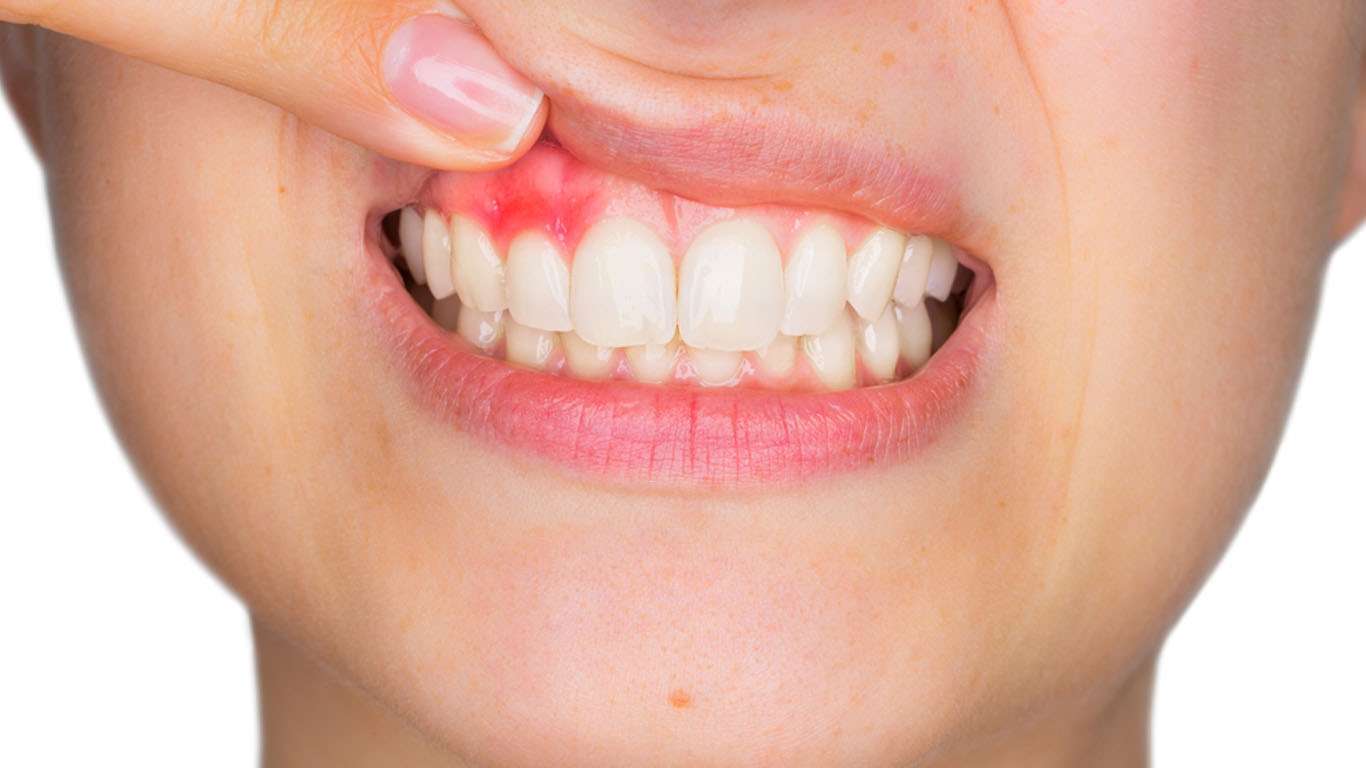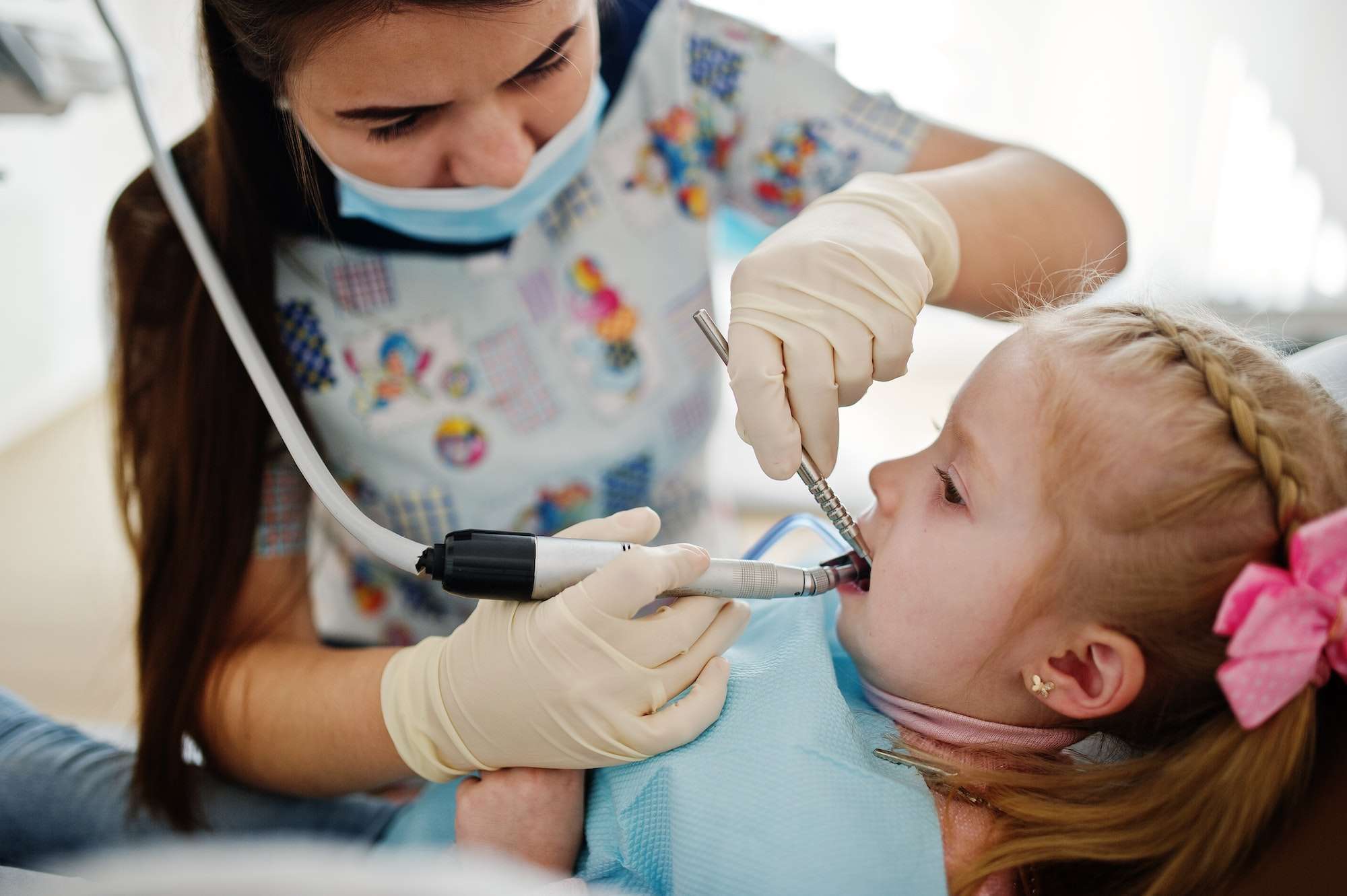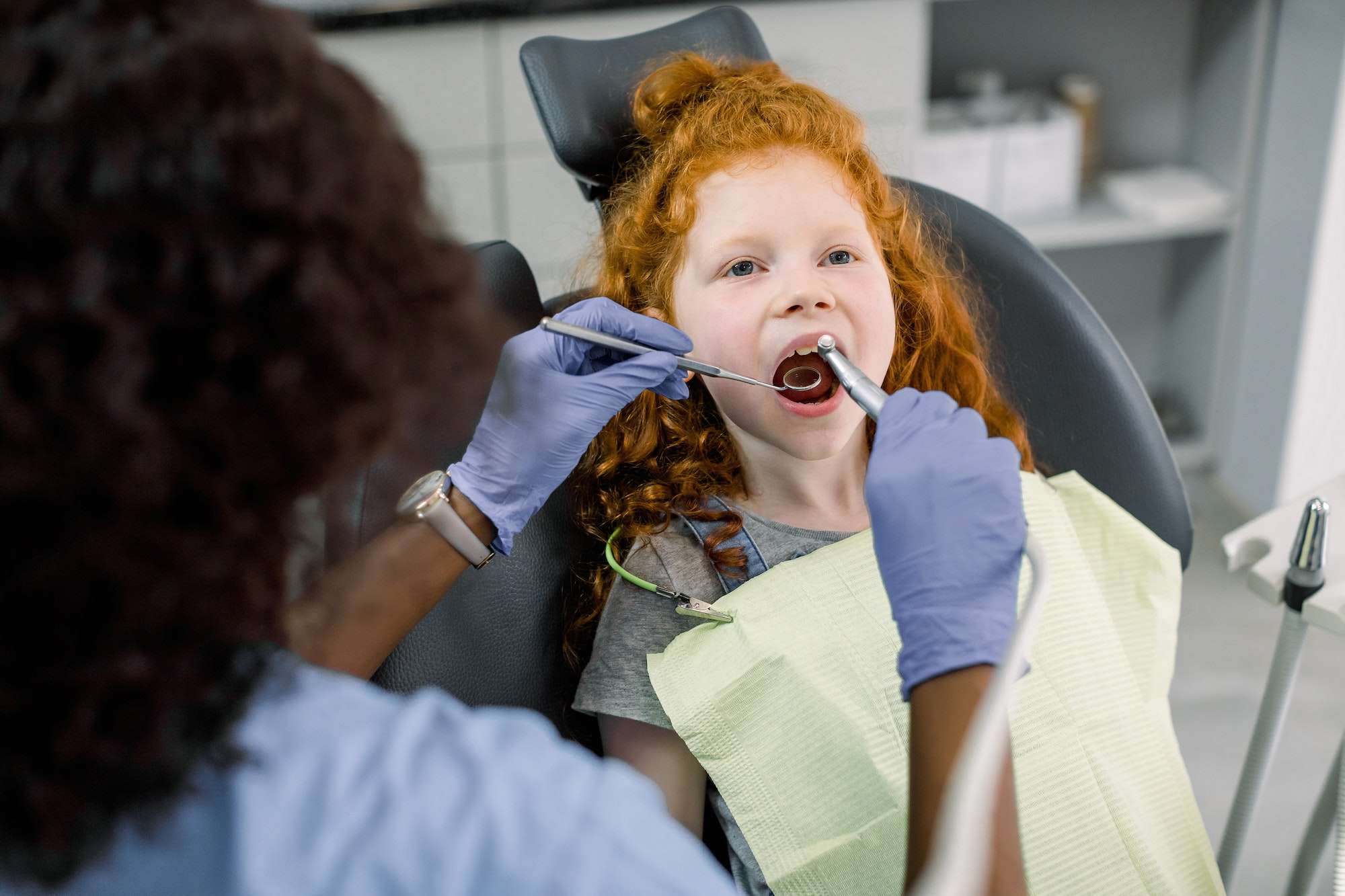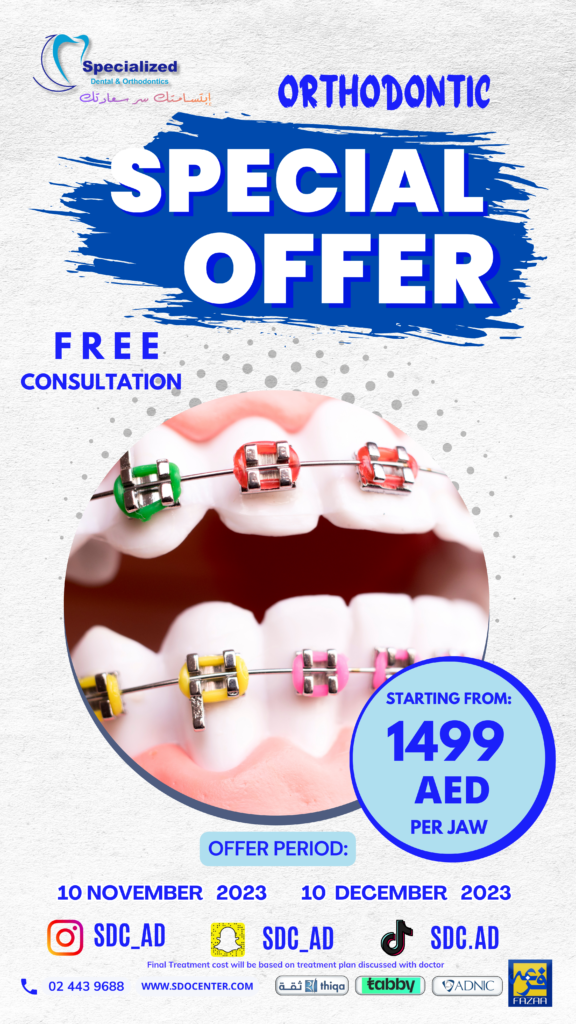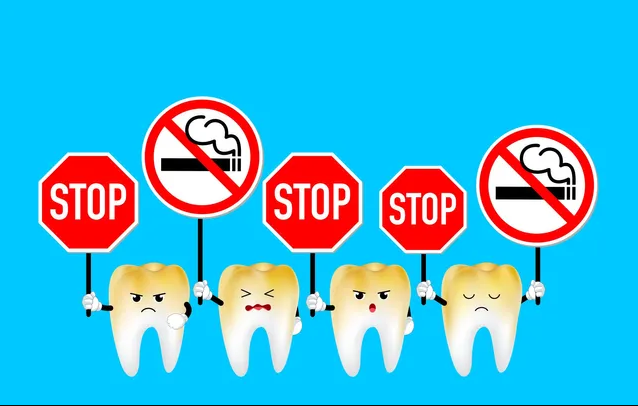
In recent years, the discourse around the impact of smoking and vaping on general health has grown louder. Yet, the specific effects these habits have on oral health remain less commonly discussed. Both smoking traditional cigarettes and the newer practice of vaping can have detrimental impacts on one’s mouth, teeth, and gums. Dentists are increasingly warning their patients about these dangers, emphasizing the need for awareness and prevention to maintain optimal oral health. This blog post delves into the hidden risks that smoking and vaping pose to oral health, shedding light on why these habits might be more harmful than many realize.
Understanding the Chemical Composition of Smoke and Vape
Exploring the substances in cigarette smoke and e-cigarette vapor unveils why they are problematic for oral health. The chemical makeup of cigarette smoke includes a bewildering array of over 7,000 chemicals, with many being toxic and around 70 identified as carcinogens. These substances are not passive; they actively engage with the body’s tissues, leading to detrimental effects. Similarly, the aerosol produced by vaping devices, often perceived as a safer alternative, also contains harmful chemicals. Although the list is shorter than that of traditional cigarettes, it is no less concerning. Key components found in vape aerosol, such as nicotine, formaldehyde, acrolein, and diacetyl, pose their own risks to oral health. Nicotine, a common denominator in both, is particularly harmful, as it not only fosters addiction but also acts as a vasoconstrictor, reducing blood flow and thus the oxygen and nutrient supply to the oral tissues. Formaldehyde, a known carcinogen, and acrolein, an irritant, contribute to the cellular damage within the mouth. Meanwhile, diacetyl, linked to lung disease when inhaled, raises concerns about its effects on the mouth’s soft tissues. This exploration into the chemicals present in smoke and vape highlights the hidden dangers lurking in these activities, underscoring the importance of understanding what is being inhaled and its potential impact on oral health.
The Increased Risk of Gum Disease Linked to Smoking and Vaping
Both smoking and vaping significantly heighten the likelihood of developing gum disease, a condition that initially presents as gum inflammation. This initial stage, if not properly addressed, can advance to more severe stages such as periodontitis, a leading cause of tooth loss in adults. The presence of nicotine in the bloodstream, a common factor in both traditional cigarettes and e-cigarettes, plays a pivotal role in this increased risk. Nicotine acts to constrict blood vessels, thereby diminishing the blood flow to the gums. This reduction in blood flow compromises the gums’ ability to receive adequate oxygen and nutrients, essential components for maintaining healthy tissue and combating infections.
As a result, the gums become more vulnerable to the bacteria present in plaque, which can lead to the onset of gum disease. The progression from mild inflammation to severe gum disease is not just a threat to one’s oral health but can also have systemic health implications, highlighting the gravity of understanding and mitigating these risks. Furthermore, the impairment in blood circulation associated with nicotine use hinders the body’s natural healing processes, making recovery from gum-related issues slower and more complicated. This underscores the importance of avoiding smoking and vaping to protect not only oral health but overall well-being.
Smoking, Vaping, and Oral Cancer: A Dangerous Connection
The link between both smoking and vaping with the heightened risk of oral cancer cannot be overstated. Carcinogens, found in abundance in cigarette smoke and to a lesser extent in vape aerosol, play a nefarious role in the body. These chemicals have the capability to alter the DNA in cells within the oral cavity and throat, setting the stage for cancerous mutations. Regular exposure to these substances significantly escalates the probability of developing malignant tumors in these areas. Early detection of oral cancer is critical for effective treatment, and this is where routine dental visits become invaluable. Dentists are often the frontline in spotting early signs of oral cancer, including unusual lesions or persistent sores that might not be immediately noticeable to the individual. It is imperative for smokers and vapers alike to maintain regular dental check-ups to facilitate early detection of any suspicious changes. This vigilant approach towards oral health can be a pivotal factor in identifying oral cancer at a stage when it is more manageable and treatable. Engaging in open dialogue with a dental care provider about smoking or vaping habits allows for personalized advice and monitoring, tailored to mitigate the specific risks associated with these practices.
Tooth Discoloration and Loss: The Cosmetic Consequences
The aesthetic implications of smoking and vaping are not to be underestimated, as they often lead to undesirable changes in one’s appearance. Among these, tooth discoloration stands out as a common complaint. The nicotine and tar found in traditional cigarettes have a pronounced effect on the teeth, often leaving behind a yellow or brownish hue that is difficult to reverse. While vaping may seem less harmful in this aspect, the nicotine it contains can still contribute to a discolored smile over time.
However, the cosmetic concerns extend beyond just the color of one’s teeth. The heightened risk of gum disease associated with both smoking and vaping plays a significant role in tooth stability. As gum health deteriorates, the risk of tooth loss increases, which can have profound effects on an individual’s smile and overall facial aesthetics. The loss of teeth not only alters one’s smile but can also affect the structural integrity of the facial bones, leading to premature aging and changes in facial contour.
These cosmetic issues, while perhaps more superficial than some of the health risks discussed, carry their own set of challenges. They can affect self-esteem, social interactions, and overall quality of life, highlighting the importance of maintaining a healthy lifestyle free from smoking and vaping. Engaging in preventive oral hygiene practices and seeking professional dental care can help mitigate these effects, preserving both the health and appearance of one’s teeth and gums.
The Role of Saliva: How Smoking and Vaping Affect Oral Hygiene
Saliva is integral to a healthy mouth, serving as the body’s natural defense against tooth decay and gum disease by neutralizing harmful acids and facilitating the removal of food particles and debris. However, the habits of smoking and vaping pose a significant threat to this crucial system. Both activities lead to a reduction in saliva flow, a condition more commonly referred to as dry mouth or xerostomia. This decrease in saliva production compromises the mouth’s ability to cleanse itself, creating an environment where harmful bacteria can thrive, multiply, and cause damage more easily.
Without sufficient saliva, the protective buffering and washing away of sugars and food particles are diminished, leading to an increased risk for dental caries (tooth decay) and periodontal issues. The moisture deficiency makes the oral cavity more susceptible to infections such as thrush, a yeast infection that can cause discomfort and difficulty swallowing. Additionally, a dry mouth is often accompanied by bad breath, further impacting an individual’s well-being and social interactions.
It’s crucial to recognize the impact of smoking and vaping on this often overlooked aspect of oral health. Individuals engaging in these habits may notice a persistent dry feeling in their mouth, increased thirst, or difficulty eating and speaking due to the lack of saliva. Encouraging hydration, promoting cessation of smoking and vaping, and using saliva substitutes or stimulants are essential steps to help counteract these effects and support the mouth’s natural defenses.
Addressing the Damage: How Dentists Can Help
Dental professionals play a crucial role in the recovery and maintenance of oral health for individuals who smoke or vape. They can offer specialized treatments tailored to counteract the negative effects these habits may have on the mouth. For example, regular professional cleanings are essential in removing the stubborn plaque and tartar that accumulate more rapidly in smokers and vapers, potentially staving off the progression of gum disease. In more severe cases, advanced periodontal therapy may be necessary to halt the damage and restore gum health.
For those struggling with the cosmetic consequences, such as tooth discoloration, dentists can provide professional whitening treatments that are more effective than over-the-counter options. In cases of extensive aesthetic or structural damage, veneers might be recommended to improve the appearance and function of the teeth. Beyond these treatments, dentists are also valuable resources for individuals looking to quit these harmful habits. They can recommend cessation programs and products, and offer supportive counseling to encourage patients on their journey to better oral and overall health.
Engaging with a dentist regularly allows for early detection of potential issues and timely intervention, helping to minimize the long-term impact of smoking and vaping on oral health. Through a combination of professional care, personalized advice, and support for quitting, dentists empower patients to take significant steps towards healthier lifestyles and improved oral hygiene.
